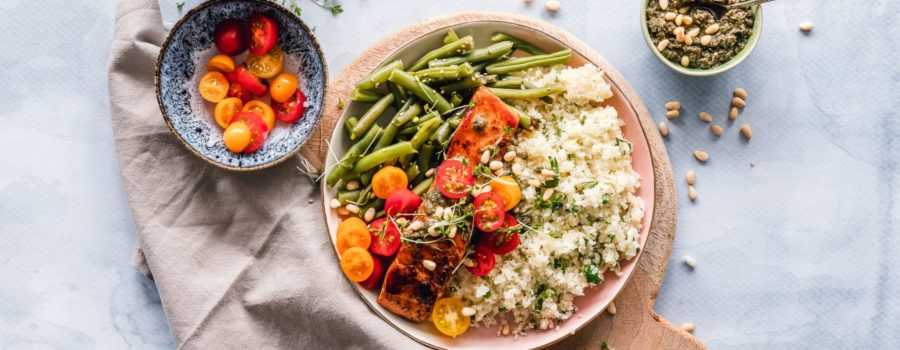It’s no secret that making healthy choices is important for not just your physical health, but also your mental health. Mental health experts recommend getting plenty of sleep, drinking lots of water, exercising regularly, and eating healthily. These lifestyle changes can make a dramatic difference in your mental health disorder symptoms, helping you feel markedly better.
But eating right isn’t always easy. Healthy food is usually both more expensive and more time-consuming to prepare than the wide variety of pre-packaged foods available today. So is it worth it?
Yes. In fact, there are even a few foods that are specifically linked to mental health. And when you think about it, it makes a lot of sense. Who hasn’t felt an upset stomach during bouts of nervousness? The same way your brain affects your stomach, your stomach affects your brain.
So if you’re looking for a natural, easy way to be proactive about your mental health, we’ve got a few foods worth incorporating into your diet and a couple you should avoid.
Foods for mental health improvement
Leafy greens
Low folate levels are linked to depression. You can help your brain stay balanced by upping your intake of this B vitamin. How? Eat plenty of dark, leafy greens like kale, spinach, and chard. If you’re not into eating salads or a side of greens, you can incorporate these greens into a fruit smoothie. You’ll barely taste them but you’ll get all of their health benefits.
Fatty fish
If you’ve done any research about your mental health, you already know that neurotransmitters like dopamine and serotonin are critical for maintaining a balanced, uplifted mood. And you can help your brain create these chemicals by feeding it lots of omega-3 fatty acids. One of the best sources for these fatty acids is oily fish like salmon, sardines, anchovies, and mackerel.
If you’re vegetarian or vegan, don’t worry. You can get omega-3s from walnuts, olive oil, and flaxseed oil, too.
Complex carbs
Carb lovers, rejoice! A diet that supports your mental health needs carbs in it. Specifically, though, you should choose complex carbs, which slowly break down, giving your brain the steady stream of glucose it needs as fuel.
Good sources of complex carbs include whole-grain bread and pasta, quinoa, lentils, and beans.
Foods that hurt your mental health
Sugar
Your sweet tooth is bumming out your therapist as much as your dentist. Sugar is linked to higher rates of depression and anxiety. That’s thanks, in large part, to the crash your body and brain feel after sugar spikes your glucose levels, then rapidly leaves your system.
You should know that sugar is just as addictive as tobacco or alcohol. Getting off it is no easy feat. Prepare yourself for the detox symptoms and remember that it will be so worth it when you’re no longer hooked on this mental health-hurting substance.
Simple carbs
While complex carbs slowly release the glucose your brain needs, simple carbs (think: white flour) spike your blood sugar levels, then plummet them just like sugar. While your brain might get a brief boost, it’s ultimately left short-changed. Switching your simple carbs for complex ones is an easy change that helps you unlock the benefits of foods for mental health.
Making diet changes can help you support your mental health but you don’t have to stop there. To learn more about all the mental health resources available at the Ventura Counseling & Wellness Center, call, text, or email us today!





